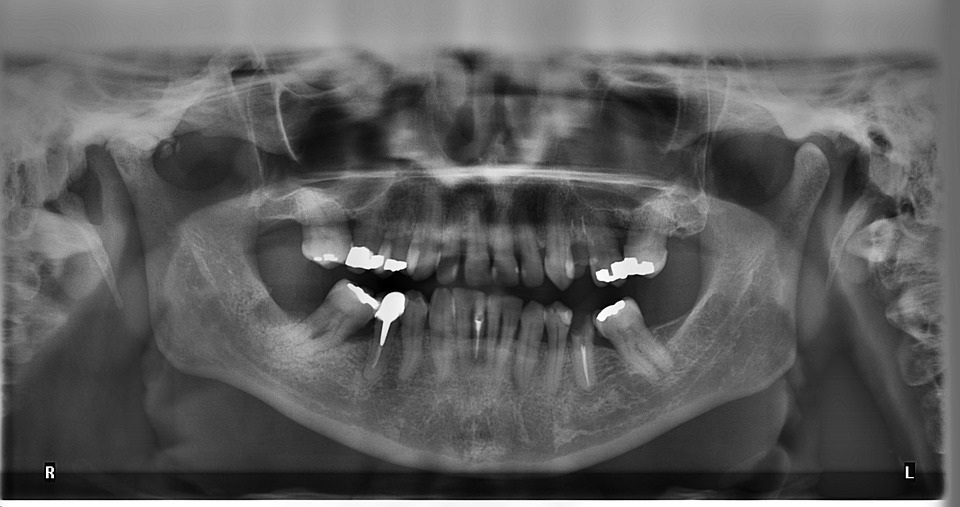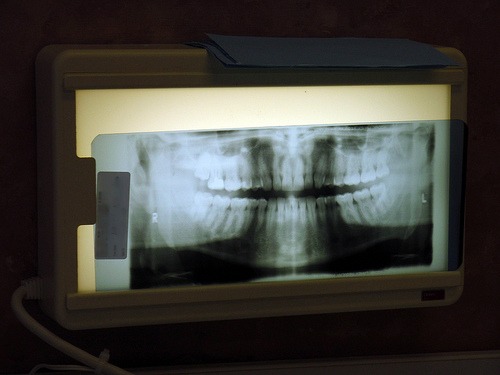Do Dental X-rays Really Cause Brain Tumors?
The topic of dental health should be at the forefront of any mother’s mind.
Both your own dental health and the health of your children should be taken into account . Not only will they dictate social factors like self-image and the image that others perceive, but positive dental health will help to ward off diseases like gingivitis and receding gums, which have been linked to long-term health effects like heart diseases and diabetes.
. Not only will they dictate social factors like self-image and the image that others perceive, but positive dental health will help to ward off diseases like gingivitis and receding gums, which have been linked to long-term health effects like heart diseases and diabetes.
While the issue of health should be at the forefront of your concerns, what about dental x-rays? Do they hurt more than they help? Do they cause brain tumors that will hurt both you and your children?
Let’s explore these questions in detail.
What is a Dental X-Ray?
Dental x-rays use a small amount of radiation projected through your body to bombard film. This radiation comes together in such a way to help your orthodontist to discover the status of your mouth.
These x-rays can come in a variety of forms, but the most common ones that you and your children will encounter are the common bite-wing x-rays that show the quadrants of your mouth and how well your teeth line up.
What Could Be Dangerous About X-Rays?
You might be worried about your dental x-rays due to the fact that they use radiation.
Radiation itself has been linked to the development of cancer, tumors and a host of unhealthy conditions that can harm a person’s health.
The problems concerning radiation come down to how large the doses you receive are and how often you receive them.
For example, your body is bombarded with millions of particles of radiation from the sun every day. Your body bathes in a small amount of radiation that your skin protects you from most of the time. Even when your skin gets damaged and the radiation leads to sunburn, you usually still won’t develop tumors.
What about your dental x-rays?
As far as they’re concerned, they use such a small amount of radiation that it’s unlikely that they will harm you. Most people with healthy bodies will be able to quickly repair any damage that x-rays might cause on a microscopic scale.
What about Tumors?
The development of tumors is directly influenced by how often you receive radiation and what amount of radiation that you receive. After a certain point, you’ll receive too much and this will cause too many cells in your body to mutate into tumors.
The good news is that having one or two bitewing x-rays at your local orthodontist isn’t likely to cause tumors.
The only thing that studies have found pertaining to dental x-rays and tumors is that tumors tend to develop more frequently in people whom have an abundant amount of dental x-rays taken. Under the supervision of a dental professional, it’s unlikely that you or your children would ever receive enough x-rays to cause tumors.
Schedule an Appointment with Your Local Orthodontist:
If you’re worried about dental x-rays harming you or your children, then it’s a good idea to visit a reliable orthodontist that has years of experience that can answer your common questions like “How do braces work?” while providing you with quality work that’s safe for your health.
Schedule an appointment with Team Demas Orthodontics to learn about getting braces today.
Team Demas Orthodontics
27 Meriden Ave #2a, Southington, CT 06489, USA
Phone: 860-276-0333




